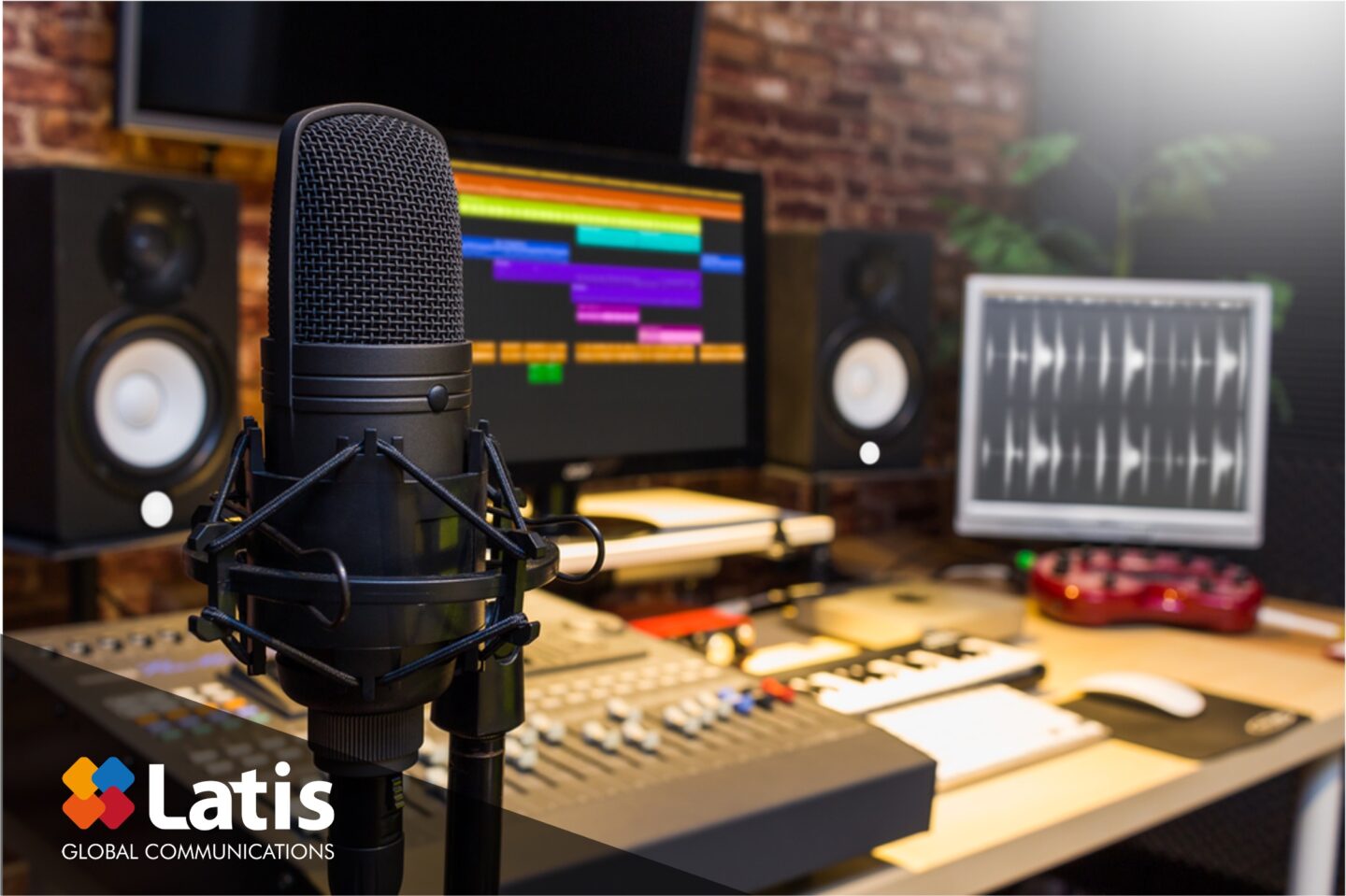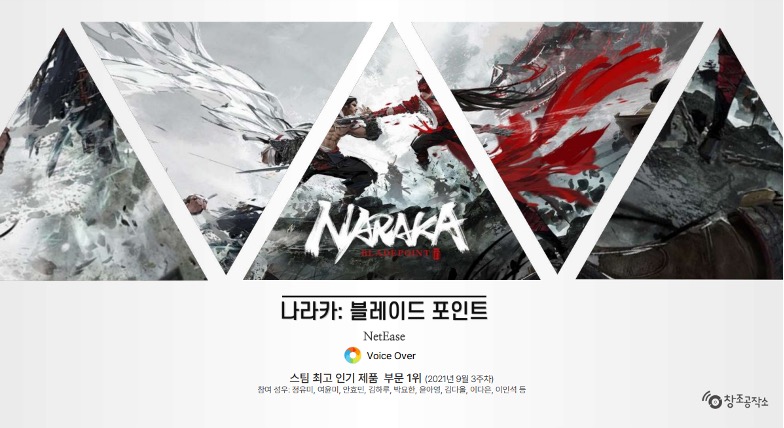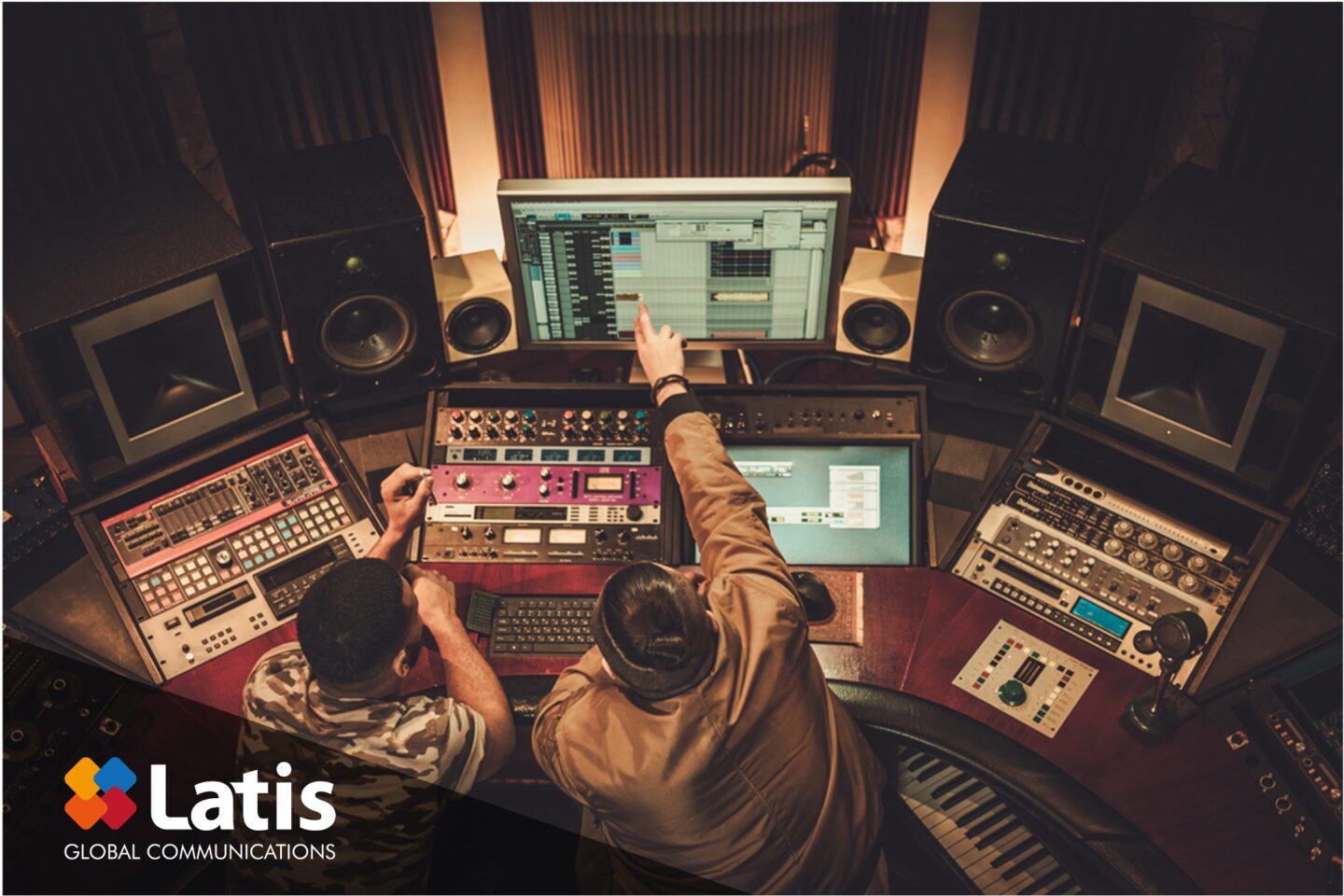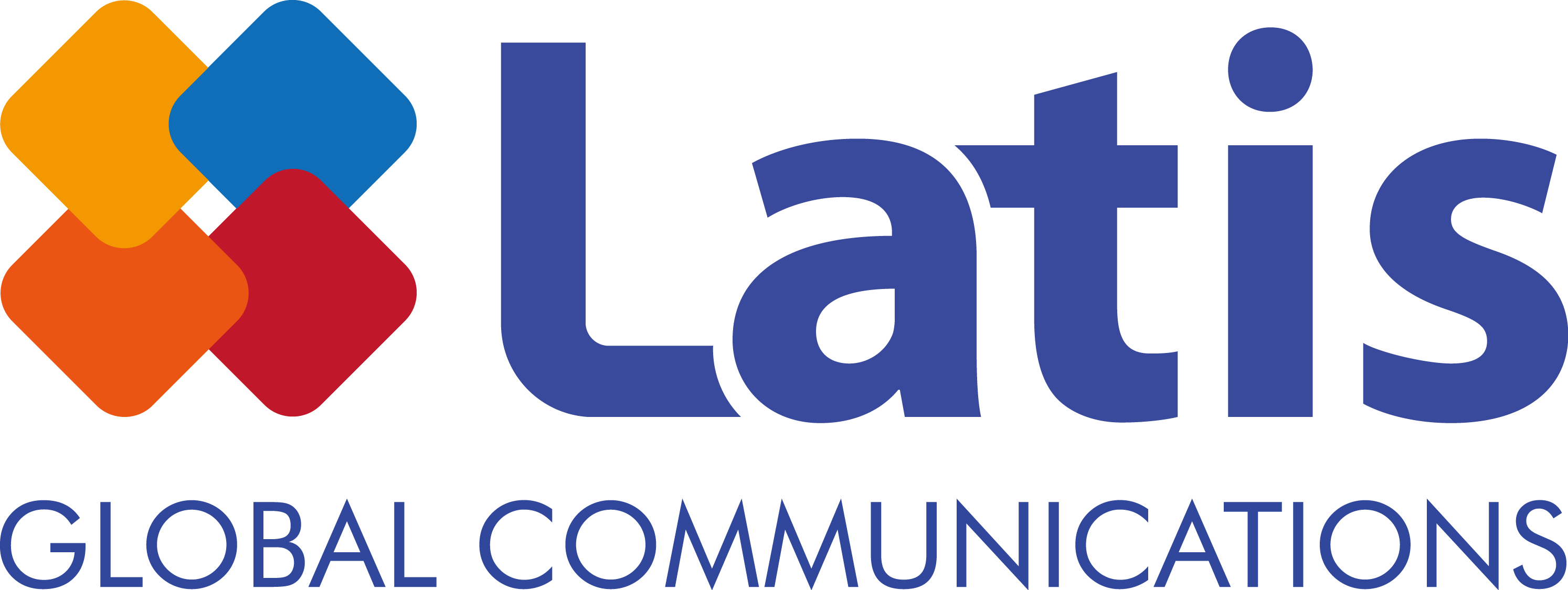
In games, players immerse themselves in and interact with the game, experiencing various storylines and characters. One of the best things you can do to create a strong feeling of engagement for your players is to cast voice actors for each character, taking into account the cultural elements of each country, to bring them to life and connect them to the content of your game. This creates a strong sense of immersion, and the higher the level of immersion, the higher the loyalty. The longer players participate in and play the game, the more revenue can be expected.
Best Practices for Game Sound Localization
A great example of this is “Genshin Impact”, created by HoYoverse.

“Genshin Impact” is an open-world action RPG, and each update includes a newly recorded PV (promo video) and character voices in different languages. This is a great marketing practice that is directly linked to revenue, as Voice Actors are often brought into the game through their fanbase, and act as important in-game content and business models (BMs).
As such, localization of game audio is becoming more prominent and important as it translates into revenue expectations.
So how do you localize sound, and what are some of the tricks of the trade?

Tips and Tricks for Game Audio Localization
1. Project Analysis and Script Localization
Recording without analyzing the project plan and accurately understanding the intended direction can potentially cause various errors later on. Cultural sensitivities, such as religious issues, words like alcohol and drugs, and even expressions of cruelty, must be understood, and the process of translating written language into spoken language is essential because written language is not the same as spoken language. It’s important to prepare a higher quality translation before recording, as it is difficult to make all the necessary adjustments and respond immediately during the recording process.

2. Voice Casting for Cultural Accessibility
Before casting, it’s important to consider cultural sensitivities. For example, if a Game made in Japanese needs to undergo localization in Korea, Voice Actors need to record their lines. If there are characters with a Tokyo accent and an Osaka accent, Tokyo can be reflected as Seoul and Osaka (Kansai dialect) as Busan. To accommodate this, casting criteria should include voice actors who can speak the dialect, and consider personality, age gender, etc. to ensure proper casting.

3. Recording and Directing Voices
The goal should always be to bring out the best in the voice actors by creating the best recording conditions and providing good direction. To achieve this goal, one should always strive for the best since the casting stage, reflecting the original character design and voice, and create game-optimized dialog through flexible script management. Also for “Naraka: Bladepoint”, suitable voice actors were recruited through auditions (live casting) and their voices customized, tailoring them to each of the character’s unique personalities, backgrounds, and fighting styles to enhance their appeal.

*Provided by Creative Factory
4. Audio Test and Inspection
It is important to test and evaluate how the audio feels during gameplay, and consider the consistency of the levels, the tone and quality of the audio, and if an original voice already exists, whether the editing standards of the original voice match the editing standards of the localized voice. Additionally, takes that fit the context and flow of the game as a whole are selected to provide the best results.

Final Thoughts
Game sound localization is an important strategy to optimize the game experience. Connect with your players by utilizing music and language specific to each country, and reap the rewards of multilingual support and collaboration with local experts. At Latis Global, we can test localized sounds and actively gather feedback to provide players with an optimized localization experience. If you have any questions about game sound localization, please contact Latis Global at contact@latisglobal.com.

